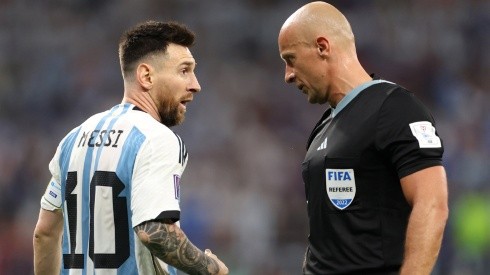Throughout the course of the second half of the 20th century, soccer's rules were seldom changed. There were some minor shifts from one decade to the next, but no major shifts.
Nonetheless, the present period is one of ongoing change, with the most notable example being the introduction of video replays to the sport. As a result of the increased granularity of modern match officiating, the rules themselves have become clearer.
But picture a game in which the clock is always stopped and there is no time for any delays. During the International Football Association Board conference in London this weekend, the possibility was discussed and evaluated.
How does FIFA plan to end time-wasting?
To combat time-wasting, FIFA discussed the possibility of stopping the clock during games at the just-concluded IFAB conference in London. This plan was offered by FIFA President Gianni Infantino in an effort to reduce time off the field.
While the proposed changes won't be implemented right away, it's not a huge shock that games won't last the standard 90 minutes and that offside will be reworked by 2024. Both of these topics will be addressed since they are currently on the table for people who make decisions on the rules.
According to Marca, FIFA urged fourth officials to keep track of time to combat time-wasting, the 2022 World Cup produced among of the longest games on record, inspiring this audacious proposal. Nevertheless, the 2023-24 club season is when these adjustments will really take effect. Similarly, the international governing body is planning to implement new rules on goal celebrations, stipulating that players may not remain on the field for more than a minute and a half after scoring.





